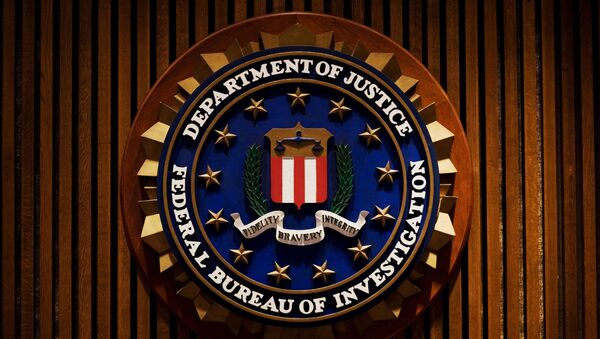On Friday, the FBI issued a missive to local and state law enforcement agencies requesting government assistance in unlocking iPhones, stating that, “we are in this together” and promising information that would allow law enforcement agencies to circumvent Apple’s security encryption, in at least 63 cases.
This communique comes days after the Justice Department dropped a federal court claim against Apple, Inc., demanding that the company install a backdoor into the operating system of the iPhone of a San Bernardino shooter; which Apple refused to do. The claim was dropped after FBI officials informed the Justice Department that they had successfully hacked the iPhone without Apple’s assistance.
For six months prior to the case being dropped, US Department of Justice and FBI officials swore, at the risk of perjury, that there was no other way to access the contents of the phone or to get around Apple’s security protocol without Apple creating and installing new software.
Apple CEO Tim Cook adamantly refused to cooperate, citing user privacy concerns. The move began a public awareness effort that the FBI and other law enforcement agencies could have applied the new software, should Apple have complied, to all iPhone users, making every user vulnerable to government surveillance.
A similar concern now exists after the FBI claimed to have circumvented Apple’s security protocol. Currently the agency refuses to say how they did it. Information on software vulnerabilities such as this is required to be made available to the product owner under federal administrative law.
The question remains, however, whether the government actually discovered a flaw in Apple’s security protocol that needs to be patched or whether Justice Department officials perjured themselves for fear that, if the federal court heard the case, the ruling would have created a precedent unfavorable to the government surveillance architecture.
According to the Wall Street Journal, the FBI has unlocked the San Bernardino shooter’s iPhone. The paper states that the agency is testing the method on other iPhones and devices before providing guidance to local and state law enforcement, as well as other federal agencies, on how to read the private and often encrypted data of end users.
The ACLU made a statement on the developing matter saying, "Our already overpoliced communities are likely to be the recipients of new age search warrants, which provide concerning government access to our digital data."





